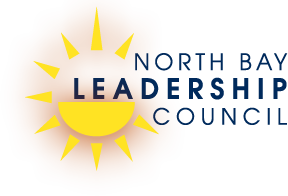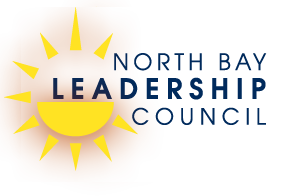Kaiser Permanente thinks working together can reduce mental health stigma
Kaiser Permanente recently awarded two local grants totaling $180,000 to help reduce mental health stigma.
According to the National Institute of Mental Health, each year one in five adults in the United States experiences some type of mental health condition including substance addiction.
Despite the prevalence of mental health conditions, many people are reluctant to seek treatment, even refraining from discussing the issues with those close to them. Latino communities are especially vulnerable to mental health stigma, with Latinos less likely to view mental health as part of total health. In general, public stigma is significantly higher for substance use than well-known mental health conditions, such as depression.
Also, self-stigma related to substance use and other mental health issues is extremely high in adolescents, which results in many avoiding treatment. In fact, 90 percent of adolescents report that self-stigma often prevents them from seeking care.
“Half of people with chronic mental health conditions have experienced symptoms by age 14, yet only one in 10 youth seek treatment, whereas, adults, and specifically aging adults, are more likely to access treatment,” says Alena Wall, Community Benefit manager, Marin-Sonoma. “Because of this, Kaiser Permanente is taking a bold step toward changing this social norm.”
Local grants
To address stigma among vulnerable populations and increase the community’s understanding of mental health, Kaiser Permanente has approved $180,000 in grants to be split between two Marin-Sonoma nonprofit organizations.
A $90,000 grant has been awarded to LifeWorks of Sonoma County. LifeWorks has provided mental health counseling services and community education in Sonoma County for over 20 years, specializing in reaching the most vulnerable youth in school settings, as well as at home. The organization has been highly involved with traumainformed care related to immigration policy and fears within our immigrant community. LifeWorks has several programs focused on engaging Spanish-speaking families to reduce stigma so their children can access mental health services.
Another $90,000 has been approved for North Marin Community Services. The organization’s stigma reduction initiative will implement a Spanish-language stigma education media campaign and train community influencers to educate Latino men about the role of mental health in overall health.
WHERE TO GET HELP
LifeWorks and North Marin Community Services aren’t alone in aiding those with mental health conditions and working to overcome stigma. Other local resources include:
In San Rafael:
• Buckelew Programs, www.buckelew.org
• Community Action Marin, www.camarin.org
• Jewish Family Services Agency, www.jfcs.org
• Marin Health and Human Services, www.marinhhs.org
• North Marin Community Services, www.northmarincs.org
• Petaluma People Services, petalumapeople.org
• Ritter Center, rittercenter.org
• Seneca Family of Agencies, www.senecafoa.org
• Youth Leadership Institute, yli.org
In Santa Rosa:
• California Parenting Institute, calparents.org
• Community Matters, community-matters.org
• Council on Aging, www.councilonaging.com
• Elsie Allen Foundation, eahs-santarosa-ca.schoolloop.com/eahsfoundation
• LifeWorks, lifeworkssc.org
• National Alliance on Mental Illness (NAMI), www.nami.org
• Social Advocates for Youth (SAY), www.saysc.org
• Verity, www.ourverity.org

